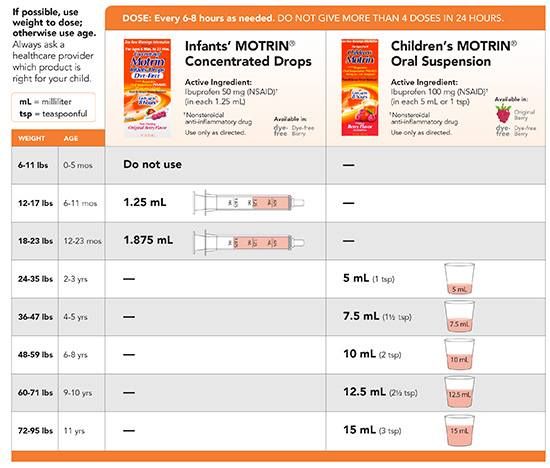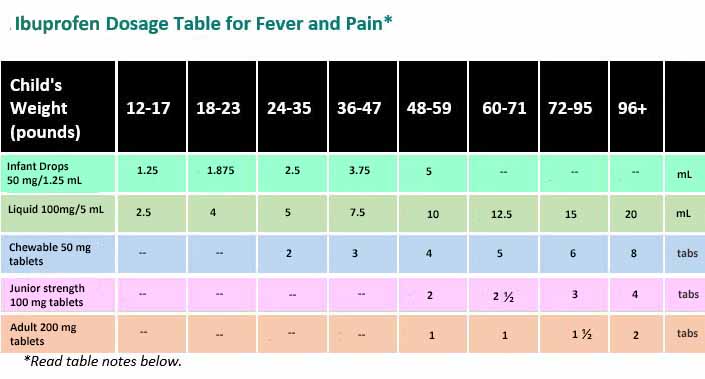Ibuprofen for Calves: When and Why It’s Necessary
Ibuprofen, a non-steroidal anti-inflammatory drug (NSAID), is occasionally prescribed to calves for pain relief, fever reduction, and inflammation management. Common reasons for administering ibuprofen to calves include musculoskeletal injuries, post-surgical pain, and infectious diseases that cause fever and discomfort. Proper dosage and veterinary consultation are crucial to ensure the safe and effective use of ibuprofen for calves.
Deciphering Ibuprofen Dosage: Factors to Consider
When determining how much ibuprofen to give a calf, several factors come into play. First and foremost, a veterinarian should always be consulted to ensure proper dosage and safe administration. Key factors influencing ibuprofen dosage for calves include age, weight, and medical condition. Ibuprofen is generally not recommended for very young calves due to their immature immune systems and higher sensitivity to medication side effects. For older calves, weight is a critical factor in calculating the appropriate dosage. Medical conditions, such as kidney or gastrointestinal issues, may also impact the safe use of ibuprofen. Overdosing can lead to serious health complications, such as stomach ulcers, kidney damage, and impaired blood clotting. Accurate dosage calculation and close monitoring are essential to minimize risks and optimize treatment outcomes.
Typical Ibuprofen Dosage for Calves: A Veterinarian’s Perspective
Veterinarians generally recommend a dosage of 5-10 mg per kilogram of body weight for ibuprofen administration to calves. This dosage is typically given every 12-24 hours, depending on the calf’s medical condition and response to treatment. To calculate the appropriate dosage for a specific calf, first, determine its weight in kilograms. Then, multiply the weight by the recommended dosage range (5-10 mg/kg). This calculation will provide a range of acceptable dosages, which can be adjusted based on the calf’s medical history and current health status. Always consult a veterinarian before administering ibuprofen or any other medication to a calf, as they can provide personalized guidance and monitoring to ensure safe and effective treatment.
How to Administer Ibuprofen to Calves: Best Practices
Administering ibuprofen to calves requires careful consideration and attention to detail. The appropriate form of ibuprofen for calves includes tablets, liquid suspension, or injection, depending on the calf’s age, size, and medical condition. For oral administration, tablets can be crushed and mixed with a small amount of palatable food or liquid to ensure proper consumption. Liquid suspension is often preferred for younger calves, as it is easier to measure and administer accurately. Injectable ibuprofen should only be administered by a veterinarian, as improper injection techniques can lead to severe complications. Timing and frequency are also crucial factors when administering ibuprofen to calves. Typically, ibuprofen is given every 12-24 hours, depending on the calf’s response to treatment. Monitoring the calf’s behavior, appetite, and overall health can help determine the optimal timing and frequency for medication administration.
Monitoring Calf Response: When to Consult a Veterinarian
Monitoring a calf’s response to ibuprofen is crucial for ensuring the medication’s effectiveness and identifying potential adverse reactions. Signs of improvement may include reduced swelling, increased mobility, improved appetite, and normalized body temperature. However, if the calf’s condition worsens or does not improve within a reasonable timeframe, consult a veterinarian. Adverse reactions to ibuprofen, such as stomach ulcers, kidney damage, and impaired blood clotting, can be severe and may require immediate veterinary intervention. Regularly scheduled veterinary check-ups and ongoing communication with your veterinarian can help ensure the safe and effective use of ibuprofen for calves. When in doubt, consult a veterinarian for guidance and support.
Alternatives to Ibuprofen for Calves: Other Pain Relief Options
While ibuprofen is a common pain relief option for calves, alternative medications are also available. Aspirin, for instance, is another NSAID that can be used for pain relief and fever reduction in calves. However, aspirin carries a higher risk of gastrointestinal side effects compared to ibuprofen. Acetaminophen, while effective for pain relief, is not recommended for calves due to its potential toxicity at high doses. Opioids, such as morphine and fentanyl, are strong pain relievers that can be used in specific situations, such as post-surgical pain management. However, opioids require careful monitoring and administration, as they can cause respiratory depression and other adverse effects. Consult a veterinarian before changing medications or adding alternative pain relief options to a calf’s treatment plan.
Preventing the Need for Ibuprofen: Strategies for Calf Health
Promoting calf health and reducing the need for pain relief medications like ibuprofen is crucial for responsible calf care. Implementing the following strategies can help maintain calf health and minimize the risk of inflammation, pain, and fever:
- Proper Nutrition: Ensure calves receive a balanced diet, including colostrum within the first few hours of life, high-quality milk replacer, and access to fresh water and roughage. Adequate nutrition supports calf growth, immune function, and overall health.
- Exercise: Encourage regular exercise by providing calves with ample space to move around and socialize with other calves. Exercise helps build muscle, improve circulation, and reduce the risk of health issues related to inactivity.
- Stress Management: Minimize stress by maintaining a consistent routine, providing a clean and comfortable environment, and handling calves gently and calmly. Reducing stress can help prevent inflammation and promote overall health.
- Vaccinations: Administer recommended vaccinations on schedule to protect calves from preventable diseases. Regular veterinary check-ups can help monitor calf health and identify potential issues early.
- Biosecurity: Implement strict biosecurity measures to prevent the spread of disease, such as isolating new arrivals, practicing good hygiene, and limiting visitor access.
Ibuprofen for Calves: Balancing Pain Relief and Safety
Administering ibuprofen to calves requires a delicate balance between providing pain relief and ensuring safety. To achieve this balance, follow these guidelines:
- Proper Dosage: Always consult a veterinarian for the appropriate ibuprofen dosage for your calf, taking into account its age, weight, and medical condition. Adhering to the recommended dosage is crucial for minimizing the risk of adverse reactions and overdosing.
- Monitoring: Regularly monitor your calf’s response to ibuprofen, looking for signs of improvement or adverse reactions. If the calf’s condition worsens or does not improve within a reasonable timeframe, consult your veterinarian for further guidance.
- Alternatives: Consider alternative pain relief options if your calf does not respond well to ibuprofen or if your veterinarian recommends an alternative medication. Always consult a veterinarian before changing medications or adding new ones to your calf’s treatment plan.
- Responsible Medication Practices: Store all medications securely and out of reach of children and animals. Dispose of unused or expired medications properly to prevent accidental ingestion or environmental contamination. Never administer human medications to animals without consulting a veterinarian.
- Ongoing Health Monitoring: Regular veterinary check-ups and proactive calf care can help reduce the need for pain relief medications like ibuprofen. Maintaining a healthy calf through proper nutrition, exercise, stress management, and preventative care is essential for long-term success.









